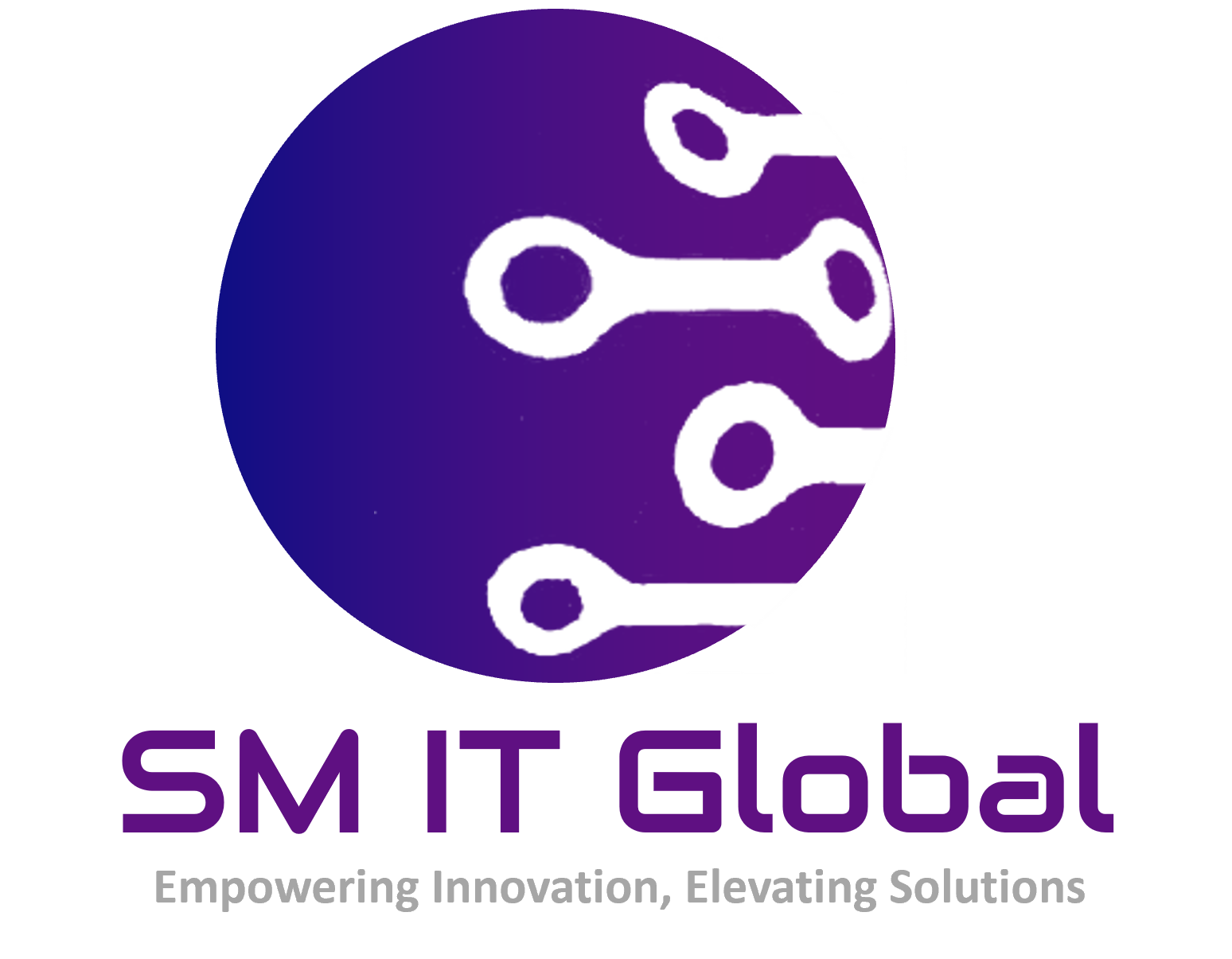
In the dynamic landscape of today’s business world, small-scale enterprises are no longer confined to local markets. With the rapid advancement of technology, particularly Artificial Intelligence (AI), these businesses are presented with unprecedented opportunities for growth, efficiency, and innovation. AI, once perceived as a tool exclusive to large corporations, has now become increasingly accessible to small-scale businesses, promising to revolutionize operations, customer interactions, and overall competitiveness. Let’s delve into the transformative impact of AI on small-scale enterprises.
Enhancing Efficiency and Productivity
Small-scale businesses often operate with limited resources and manpower. AI technologies, such as machine learning algorithms and automation tools, offer a solution by streamlining processes and reducing manual workload. Tasks such as data entry, inventory management, and customer support can be automated, allowing employees to focus on more strategic activities that require human creativity and problem-solving skills. This enhanced efficiency not only boosts productivity but also enables small businesses to scale their operations without significantly increasing overhead costs.
Personalized Customer Experiences
In today’s era of hyper-personalization, customers expect tailored experiences from the businesses they engage with. AI empowers small-scale enterprises to analyze vast amounts of customer data in real-time, allowing them to understand individual preferences and behavior patterns. By leveraging AI-powered analytics and recommendation systems, businesses can deliver personalized product recommendations, targeted marketing campaigns, and responsive customer service, fostering stronger customer relationships and driving loyalty.
Competitive Advantage through Data Insights
Data is often referred to as the new oil, and for small-scale businesses, harnessing the power of data can be a game-changer. AI enables these businesses to collect, analyze, and derive actionable insights from data sources that were previously untapped. By leveraging predictive analytics and machine learning models, small businesses can anticipate market trends, identify emerging opportunities, and make informed decisions with a level of precision previously unattainable. This data-driven approach not only provides a competitive advantage but also allows small-scale enterprises to adapt quickly to changing market conditions.
Accessible AI Solutions for Small-Scale Enterprises
While the potential benefits of AI for small-scale businesses are evident, the perceived complexity and cost associated with implementing AI solutions have been barriers to adoption. However, the landscape is rapidly changing, with an increasing number of AI tools and platforms tailored specifically for small-scale enterprises. Cloud-based AI services, software-as-a-service (SaaS) solutions, and open-source AI libraries have democratized access to AI technology, making it more affordable and user-friendly for businesses of all sizes. Furthermore, consulting firms and AI service providers offer specialized expertise and support to help small-scale enterprises navigate the implementation process effectively.
Overcoming Challenges and Ethical Considerations
Despite the immense potential of AI, small-scale businesses must also address challenges and ethical considerations associated with its adoption. Concerns such as data privacy, bias in algorithms, and job displacement need to be carefully managed. It is crucial for businesses to prioritize transparency, accountability, and ethical use of AI technologies to build trust among customers and stakeholders. Additionally, investing in employee training and upskilling programs can help mitigate the impact of job displacement and ensure that employees are equipped with the skills needed to thrive in an AI-enabled workplace.
Embracing the Future
In conclusion, AI holds tremendous promise for small-scale businesses, offering opportunities for efficiency, innovation, and growth. By embracing AI technologies and adopting a strategic approach to implementation, small-scale enterprises can unlock new possibilities and stay ahead in today’s competitive landscape. However, success in the AI era requires a combination of technological innovation, ethical responsibility, and human ingenuity. As small-scale businesses navigate the complexities of AI adoption, they have the potential to redefine industries, empower employees, and create lasting value for customers.

